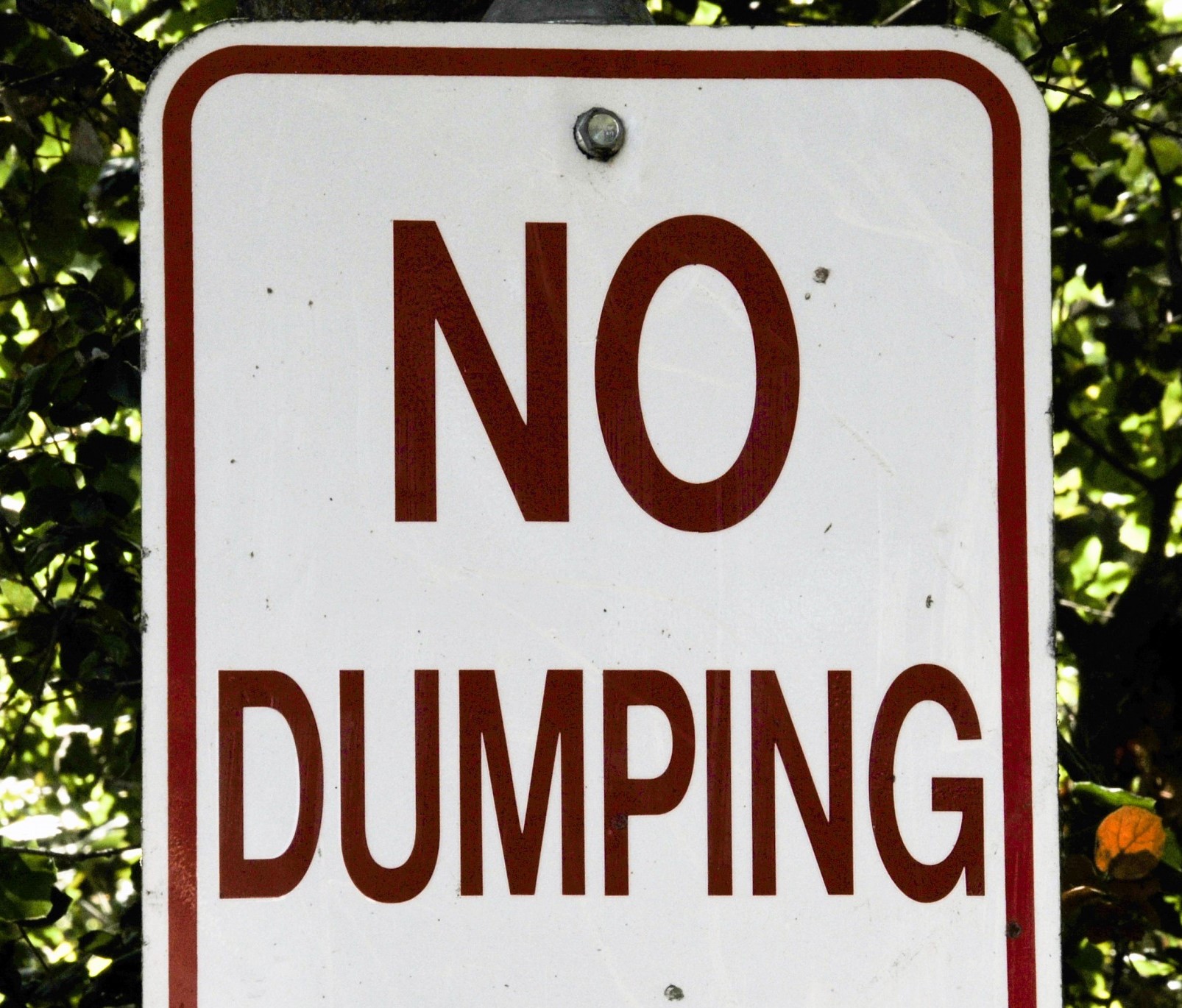Gonçalo Martins de Matos (Master in Judiciary Law by the University of Minho)
▪
Dr. Strangelove or: How I Learned to Stop Worrying and Love the Bomb, Stanley Kubrick’s political satire black comedy film, completed, in the past Monday, 60 years of age since its release on 29th January 1964. Often considered one of the best comedies ever made and, arguably, the best political satire of the 20th century[1], the depths of human stupidity are surgically dissected by the keen, sagacious mind of Stanley Kubrick. More than that, Kubrick’s cautionary tale about nuclear apocalypse exposes humans in what they tragicomically have more contradictory, hypocritical and idiosyncratic.
Encompassing a wide spectrum of themes, Dr. Strangelove remains very present, shedding, like all great Art, some light on contemporary issues and events. More so in recent years, with Russia’s invasion of Ukraine, bringing to the Old Continent the dark fog of war again. Since Russia is a nuclear power, the fear of nuclear escalation invaded once again people’s hearts, reminding the great powers of the Cold War’s Mutually Assured Destruction (MAD – a fittingly ironic name, as well) doctrine. NATO members have been (well) cautious, as to avoid a backslide to the obscurity of the Cold War. Obscurity is the right word to describe the surroundings of war: freedom is suffocated, barricades are erected, and truth is the first victim.
Continue reading “Dr. Strangelove or: What Lights Sheds Kubrick on Today’s Union”









